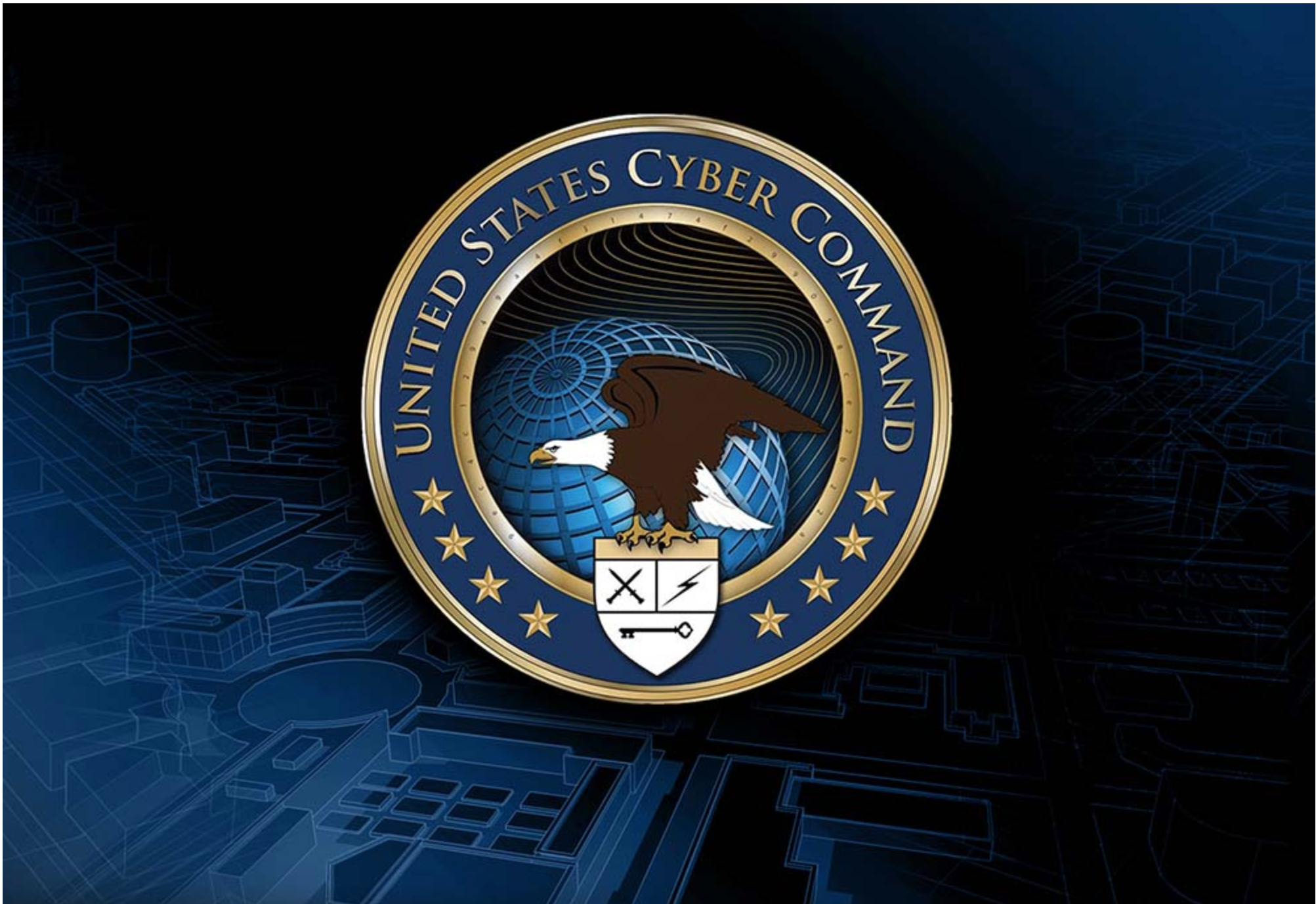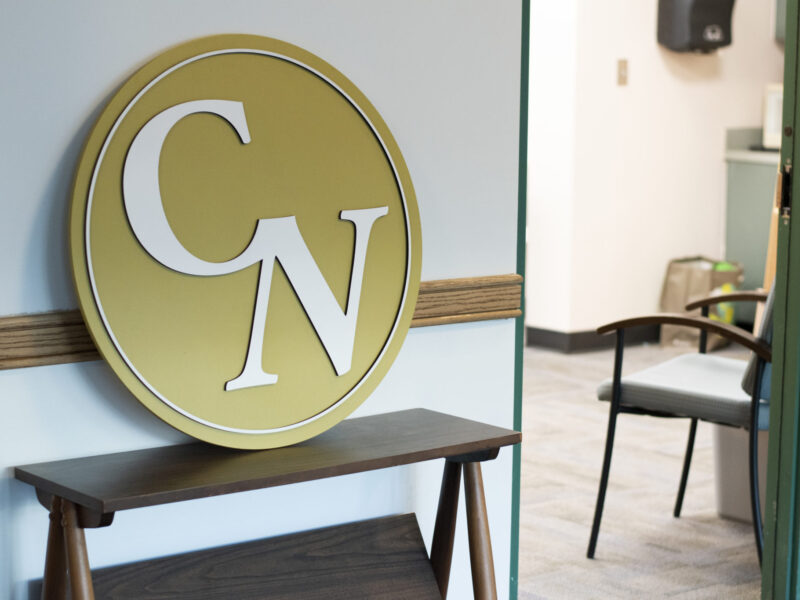By Aubrey Carr
The University of South Florida has joined forces with the U.S. Military in hopes of addressing the nation’s cybersecurity challenges.
USF is one of 84 universities to be included in the U.S Cyber Command’s (CYBERCOM) Academic Engagement Network –– a program dedicated to the enhancement of cyber research, analytics and future workforce development.
The university’s inclusion in the network is due to an application filed by the Florida Center for Cybersecurity (Cyber Florida), a USF-hosted organization that works with all Florida State University System institutions. The center will be coordinating USF’s involvement with CYBERCOM.
In a press release, Cyber Florida’s Staff Director Ron Sanders said the application process was rigorous. “It wasn’t as if anybody could just raise their hand and say they wanted to be part of CYBERCOM’s network,” Sanders said.
In its early years, CYBERCOM started as a spinoff from the National Security Agency (NSA), before elevating into a standalone unified combatant command under the United States Department of Defense (DoD).
“The reason it was spun off is because at the end of the day, NSA is an intelligence agency – it collects intelligence,” Sanders said. “Cyber Command is a combatant command. Its current doctrine is to ‘defend forward’.”
According to Sanders, the research needs of CYBERCOM are distinct from the NSA and necessary for CYBERCOM to have its own academic connections.
“The Academic Engagement Network focuses on what scholars in the academic community can contribute to Cyber Command in terms of frontline cyber operations,” Sanders said. “It is more narrowly focused on those tactical research questions that can help Cyber Command and the country protect military networks and, frankly, go after bad guys if and when necessary.”
USF’s involvement with CYBERCOM will be slow-going at first. Sanders described the evolution of the Academic Engagement Network as “a case of crawl, walk, run, and Cyber Command is in the crawl stage.”
“Initially, I think Cyber Command plans on asking a number of fairly technical cyber security questions that we could share with faculty to see if any of them have insights or solutions to those particular questions,” Sanders said.
“As the Academic Engagement Network matures, it will become more of a dialogue where we share things we’re researching with Cyber Command, and these may be areas they haven’t thought about but may have applications to the Command,” Sanders said.



